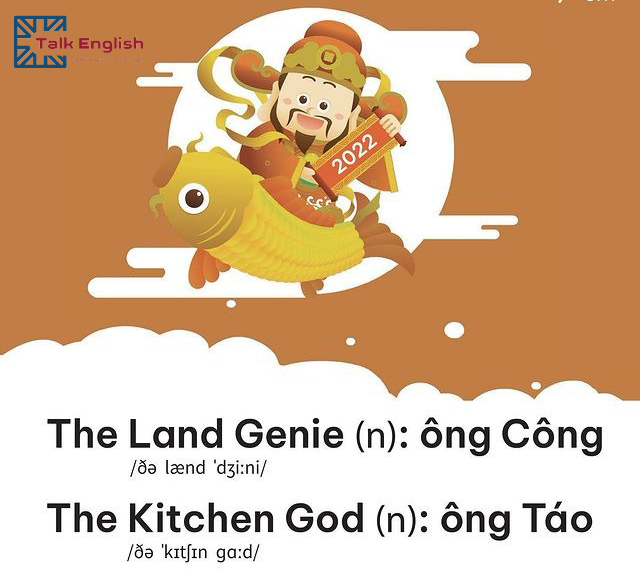Từ Stuff có nghĩa là gì? Và cách sử dụng chúng như thế nào?
It can also be used to mean “eat a large amount.”
Some foods can be stuffed when they are filled with another kind of food.
As an noun
In this example, the speaker is talking about the items that have been left around the room.
This time, stuff refers to the guests’ jackets, bags, etc.
Stuff is a very convenient way to refer to things as a group when the individual items are unknown or not important.
We don’t know exactly what's in the bag, but it's not important for us to know; the main thing here is the weight of the bag.
Here, as well, the meaning of stuff isn’t clear. If you want to know specifically, you can simply ask.
Figurative stuff

When using stuff figuratively, the rules aren’t so strict about what is singular or plural.
Similar to what we’ve mentioned earlier, when what you are talking about is unknown or not important, you can call it "stuff."
Here, it refers to activities. Perhaps the person needs to visit the bank, do their laundry or study for a test. Again, if the other person wants to know about the specific activities, they can ask.
In this example, it means various styles of martial arts.
This time it refers to something someone said.
In this example, it is a particular kind of music.
In this example, “stuff” refers to someone’s thoughts.
Etcetera
Another very common usage in casual conversations is the expression "~ and stuff." It's another way to say "etc." or "and other things like that."
TIN TỨC LIÊN QUAN
Mẹo kết bạn khi đi du học nước ngoài
Đi du học hoặc tham gia vào chương trình làm việc tại nước ngoài là cách tuyệt vời để nâng cao khả năng tiếng Anh c�...
Từ vựng tiếng Anh ít ai biết chủ đề Tết Ông Công – Ông Táo
Tín ngưỡng thờ cúng tổ tiên là tục lệ tại nhiều dân tộc châu Á và đặc biệt phát triển trong văn hóa Việt. Cùng T...
TALK ENGLISH trân trọng thông báo lịch nghỉ tết Nguyên Đán 2024
TALK ENGLISH trân trọng thông báo đến Quý Phụ huynh, Học viên và Quý đối tác lịch nghỉ tết Nguyên Đán 2024 như sau: Th�...



